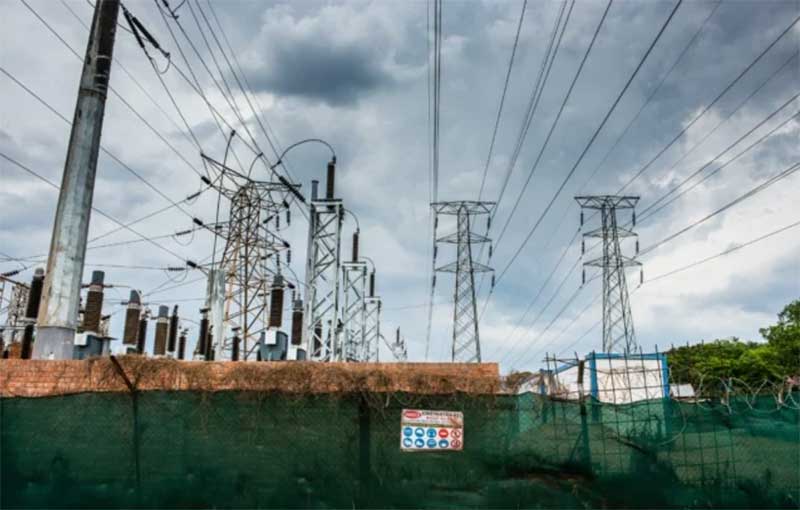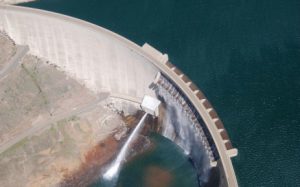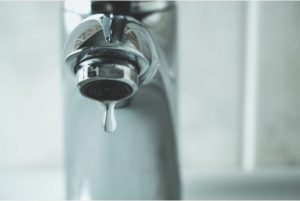The South African Reserve Bank has noted a big increase in government’s administrative prices over the last 10 years, with these increases now far surpassing the headline inflation rate.
Presenting the central bank’s annual report to parliament on Thursday (9 October), Reserve Bank governor Lesetja Kganyago said that headline consumer price inflation (CPI) since 2010 stands at 68%. By comparison, municipal rates and taxes are up 118%, electricity is up by 177%, and water is up 213%.
“The data shows that inflation is contained elsewhere in the economy, but the prices that are actually controlled by different arms of government have been rising faster than the actual inflation,” he said.
The latest annual data as of the end of August 2020 shows:
- Headline CPI – 3.1%
- Electricity – 6.2%
- Rates and taxes – 4.6%
- Water – 10.1%
South Africa’s municipal rates increase has been a serious point of contention amid a spike in load shedding and other service delivery issues.
The City of Johannesburg says it has been an upsurge in customer queries for bills issued during the lockdown around increased prices.
While the increase can partly be explained by more residents staying at home during the lockdown, the city’s council recently approved reduced tariffs for both water and electricity – from 8.6% to 6.6%, and from 8.10% to 6.23%, respectively, making higher-than-normal rates reasonable.
It said that ratepayers should use water and electricity more sparingly should they wish to see their bills return to normal.
Not paying too much
In a presentation on Thursday, Eskom chief executive officer Andre de Ruyter noted that while some South Africans complain that they pay too much for electricity, it is more likely that the opposite is true, according to a number of studies.
“In terms of electricity pricing, South Africa’s commercial and industrial electricity tariffs are competitive by international standards,” De Ruyter said.
“In a study undertaken by Statista in 2018, results indicated that Eskom’s and even South African (including municipalities) average electricity prices are relatively low, when compared to other countries in the world.”
“In a recent 2020 report by NOVA Economics, a comparison across 100 countries showed that South Africa’s average price ranked competitively across all three of the main customer segments – industrial, commercial, and residential,” he said.
De Ruyter said South African residential consumers pay an average of 133.67 c/kWh, which is a lower tariff than more than half of the countries surveyed in these studies.
South Africa’s average commercial tariff of 122.96 c/kWh is cheaper than 71 of the 100 countries surveyed, while industrial tariffs are among the lowest 20 countries surveyed, at 76.32 c/kWh.
South Africa’s electricity prices are the third-lowest in sub-Saharan Africa, De Ruyter said, which does not reflect the cost of production.
“Compared to other utilities in the sub-Saharan region, Eskom’s electricity price is relatively low,” he said. “The current average selling price is R1.02/kWh, and this is below the levels required to be cost-reflective.”
The average price of electricity is approximately 133 c/kWh for all customers in 2020, while Eskom’s average is only 102 c/kWh.
“This represents a R67 billion revenue shortfall for the 2020 financial year and over R300 billion in revenue shortfall over the last 10 years,” De Ruyter said.
“This situation does not augur well for the sustainability of Eskom.”





